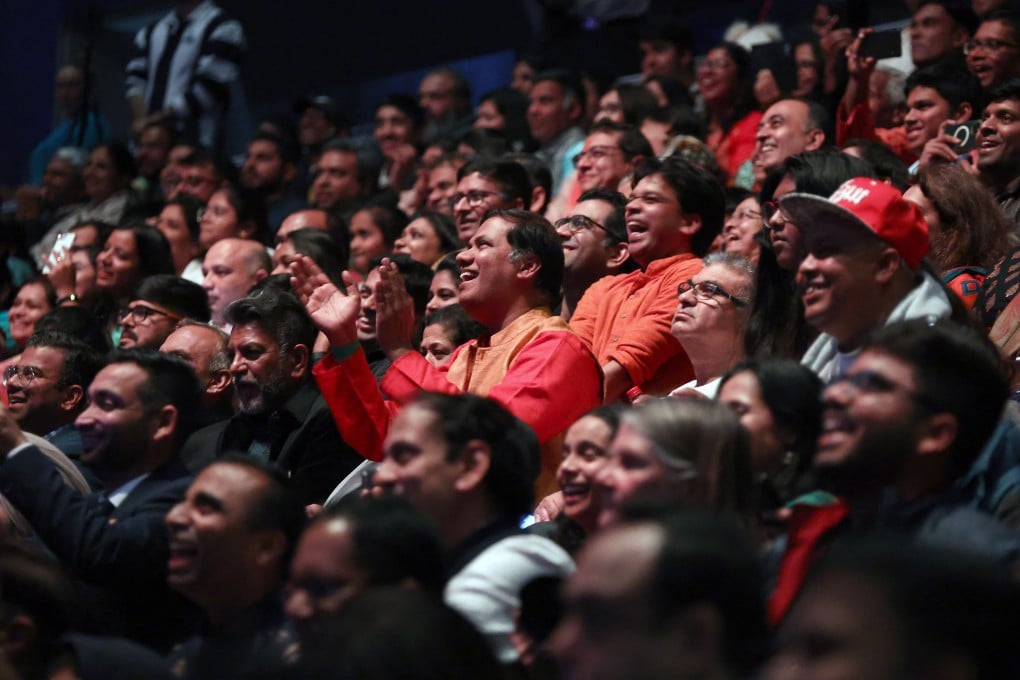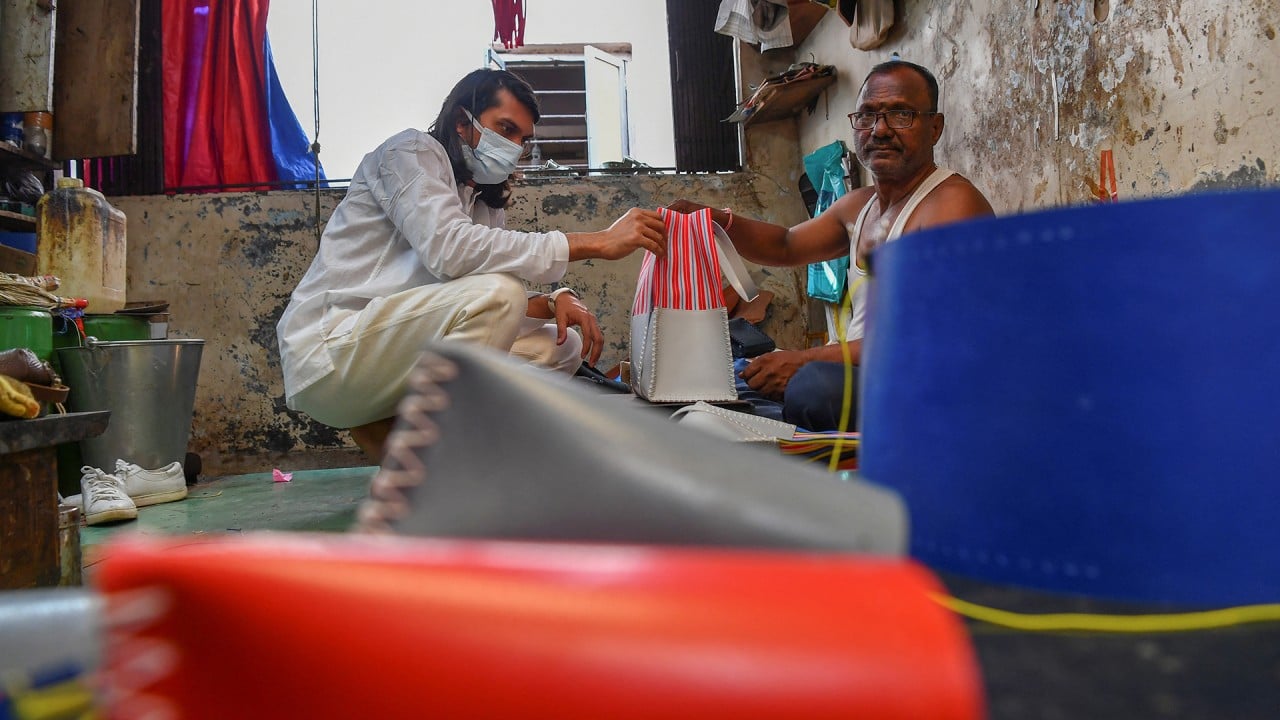Caste discrimination is legal in Australia, home to more than 1 million South Asians. Some deny it even exists
- Despite living in Australia, many ‘lower caste’ South Asians from India, Nepal and elsewhere say the system of hereditary social hierarchy persists
- The discrimination is pervasive, pernicious, misunderstood by officialdom – and ought to be banned under Australian law, they say

But over time the invites began to dry up as the event organisers, many of whom were well-educated upper-class Hindus, discovered his surname with a smirk.
“They did this because I belong to the Dalit community,” the 36-year-old sustainability professional told This Week in Asia.
This has led to a growing push to include caste as a protected category, alongside race, sexual orientation and others, under Australia’s anti-discrimination laws.
Caste determines social status across vast swathes of South Asia, with surnames often indicating which caste a person was born into. Brahmin and Kshatriya communities are regarded as occupying the top tiers of this Hindu hierarchy, while Dalits inhabit the lowest of the social strata.
Similar but separate caste hierarchies also exist among South Asian Muslims, Sikhs and Buddhists.

